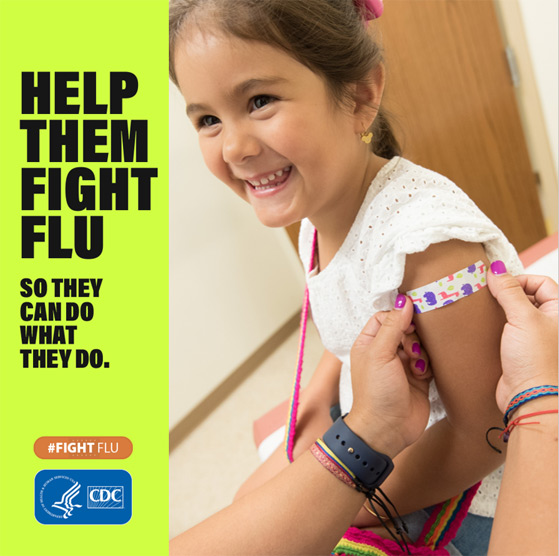Information for Fair Organizers and People Exhibiting Pigs
Swine Influenza (flu) is a respiratory disease of pigs caused by type A flu viruses that regularly cause outbreaks of flu in pigs. Flu viruses from pigs do not normally infect people, but when they do, these infections are called “variant flu” virus infections. There have been sporadic variant flu virus infections and limited variant flu outbreaks among people exposed to pigs in the fair setting in the past. Agricultural fairs bring together large numbers of people and animals from different geographic areas, and this can provide opportunities for flu viruses to spread among pigs and between pigs and people.
Human infections with variant flu viruses are thought to happen mainly when an infected pig coughs or sneezes and droplets containing flu virus spread through the air. If the droplets land in your nose or mouth, or are inhaled, you can be infected. More information about how variant flu virus infections happen is available at Variant Influenza Viruses: Background and CDC Risk Assessment and Reporting | CDC. The links below offer information for fair organizers and people exhibiting pigs about preventing the spread of flu between pigs and people.
- Issues for Fair Organizers to Consider When Planning Fairs
- Take Action to Prevent the Spread of Flu Between Pigs and People | CDC
- Key Facts for People Exhibiting Pigs at Fairs
- What People Who Raise Pigs Need To Know About Influenza (Flu)
- Compendium of Measures to Prevent Disease Associated with Animals in Public Settings, 2017 National Association of State Public Health Veterinarians
- Measures to Minimize Influenza Transmission at Swine Exhibitions, 2014 [161 KB, 8 pages]
